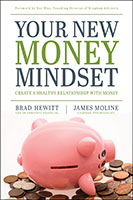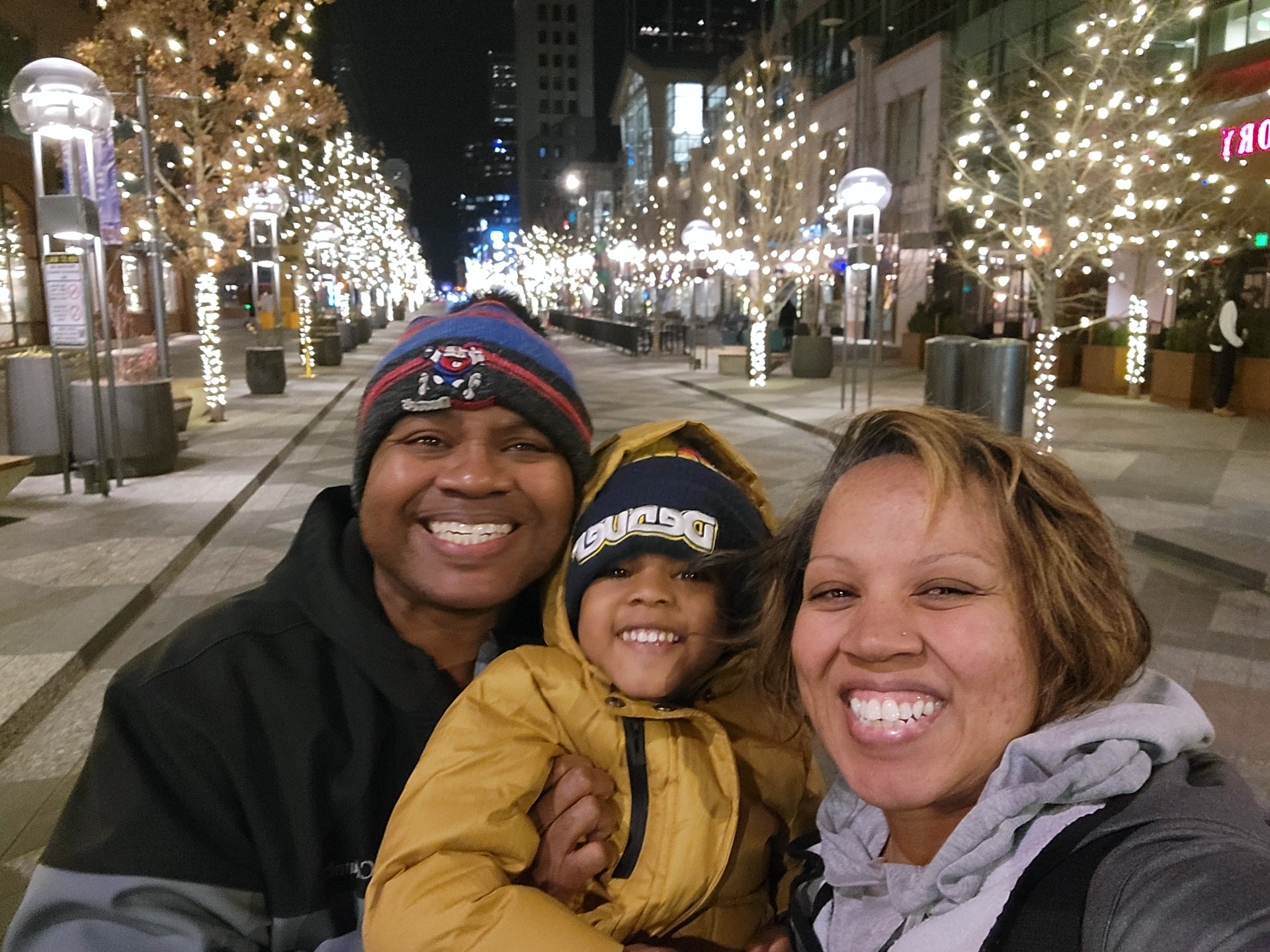It used to be that four subjects were taboo to discuss around the dining room table — sex, politics, religion and money. Today the only topic you can’t mention is money. Conversation about money is considered impolite. Can you imagine bringing up money at a holiday gathering with your in-laws? And yet how we relate to money drives many of our behaviors and dictates much of the good and bad of our lives.
You have probably tried to “do better with money” through brute force, bringing willpower to bear on what you identify as problem areas.
Today you might get a good start. Tomorrow will bring new trials and temptations. After days, weeks or longer, you could find yourself back where you started or worse.
Countless books and other resources will give you the nuts and bolts of making smarter financial decisions. Much of the advice you will find is helpful. But when it comes to your real money problem, we want to offer you a radically different solution. Before you can remake your habits, you need to remake your heart.
We honestly believe good money strategies (by themselves) cannot end the cycle of money problems once and for all. Without changing our inner attitudes toward money, it’s unlikely we will succeed in remaking our outward behaviors. If we want to truly break-free from the consumerism that drives us, we must develop a new money mindset.
Using research conducted by Thrivent Financial, we have identified five distinct attitudes people hold toward money — five ways of relating to all that they have and own. These “money mindsets” describe how people think and feel about their financial well-being — or lack of it.
As we explain the 5 S categories, you will notice a gradually improving relationship with money. But we believe that only one attitude delivers the deep peace and freedom we desire. We believe that only what we call the “surplus” mindset is healthy through and through.
The 5 S Attitudes Toward Money
Surviving: Feeling drained, trapped, with little sense of hope
People who are surviving worry about meeting the basic needs of life, and every bit of what they earn goes to daily survival. Most in this group require financial assistance or a helping hand to get by.
Struggling: Feeling strapped in the present and anxious about the future
Money causes much of the stress felt by those who are struggling. As financial pressures build, relationships with families, friends and communities often begin to crack. Strugglers live paycheck to paycheck — or worse, slowly dig themselves deeper into debt.
Stable: Feeling okay, experiencing relative calm but hoping for more
The stress level of the stable might be a bit lower, but they don’t yet feel secure. They don’t plan much for the future and likely aren’t as generous as they want to be. They describe themselves as “just making ends meet” and while this group doesn’t live paycheck to paycheck, they are one disaster away from real hardship.
Secure: Feeling mostly confident
Those in the group we call secure feel they have enough for themselves but probably not enough extra to share generously. As their income grows so do lifestyle expenses, so they perpetually have “just enough” with only a little extra. Although having a financial strategy might increase their sense of security, these people can be as enslaved to saving as strugglers are to debt.
Surplus: Feeling grateful and ready to share
Members of the surplus group believe they have more than enough. They don’t constantly long for more. They display a high level of contentment even if their lifestyle is average — or below. Their purchases match their needs, not their income. And because they feel grateful, they are ready to share. Most joyfully give away more than 10 percent of their gross income.
Many people with modest incomes show the peace and generosity of living in a surplus mindset. Many others who have accumulated outward wealth can be described only as struggling. Even earners at the highest levels of income often have profound concerns about their financial security. They are not automatically happier than those with less.
How can this be? It turns out that making more money doesn’t equate to feeling financially secure or having an impulse to share. A surplus mindset isn’t about how much we have. It’s a conscious choice to think and act differently about everything we own or might wish we did. A surplus mindset means deciding we have enough for ourselves and enough to share.
The surplus mindset is where we all want to live. It’s the “new money mindset” we aim to grow into, and no matter where you are right now you can begin to move forward. Remember that whatever money challenges you might face right now probably took a while to develop. They might take just as long to fix. In the meantime, as you work on your issues, don’t let your balance sheet determine your self- worth. We want to tell you that God loves you whether or not you’re buried in debt, and your family and other people love you too.
 An excerpt from Your New Money Mindset by Brad Hewitt and Dr. Jim Moline
An excerpt from Your New Money Mindset by Brad Hewitt and Dr. Jim Moline
© 2015 Tyndale House Publishers. All rights reserved.
Brad Hewitt is the CEO of Thrivent Financial, a not-for-profit Fortune 500 organization dedicated to helping Christians be wise with money and live generously. He holds a Bachelor of Science Degree in mathematics from the University of Wisconsin — River Falls — and has completed the Harvard Business School’s program for management development. Hewitt and his wife, Sue, have two adult children and live in Minnesota.
James Moline, Ph.D., is a licensed psychologist who earned his Ph.D. from the Fuller Graduate School of Psychology. He and his family live in Minnesota.





